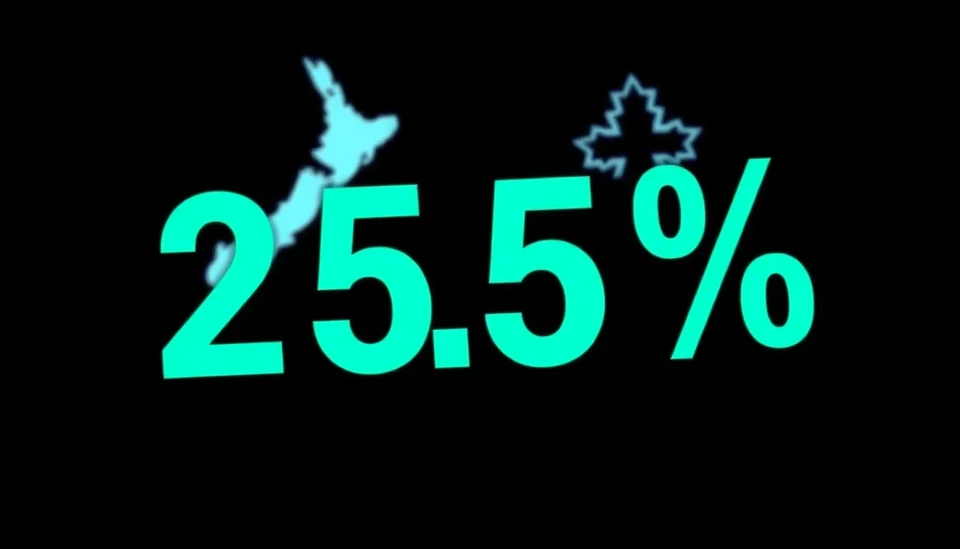
In a transformative move, New Zealand's government is contemplating the introduction of a new social fund aimed at channeling philanthropic donations to support social initiatives. This decision arises in the wake of persistent economic challenges, including rising living costs and increased demands on social services. By potentially engaging philanthropists, the government hopes to bolster its efforts in addressing the pressing socio-economic issues faced by many New Zealanders today.
The proposed concept of the social fund, still in its early stages, envisions a framework that would facilitate direct contributions from private philanthropists to various community-focused projects. The government is motivated by the idea that private funding can complement public resources, enhancing the effectiveness of social programs and services.
New Zealand’s Prime Minister has emphasized the importance of innovative approaches to solving complex social problems, particularly in times of fiscal restraint. As government budgets face constraints, the introduction of external funding sources could provide a much-needed boost to initiatives aimed at poverty reduction, mental health support, and other critical areas.
Philanthropists and charitable organizations have expressed enthusiasm about the possibility of collaborating with the government to address these social challenges. They argue that by working together, they can leverage their resources and expertise more effectively, creating sustainable solutions for communities across the country.
The discussions surrounding the social fund also highlight a broader trend in which governments worldwide are increasingly looking towards private sector participation to enhance public welfare initiatives. Similar models have been adopted in countries like Canada and the UK, where public-private partnerships in the social sector have achieved significant positive outcomes.
Critics, however, caution against over-reliance on philanthropic funding, warning that it may not fully address the fundamental issues of systemic inequities and government accountability. They argue that while philanthropy can be a valuable tool, it should not replace robust governmental support and comprehensive policy initiatives designed to tackle the root causes of social challenges.
As New Zealand explores the feasibility of this initiative, the government is set to engage with stakeholders, including community groups, philanthropic organizations, and economic experts, to gather insights and recommendations. The consultation process is expected to be thorough, aiming to ensure that any framework established is equitable, transparent, and effective in producing meaningful outcomes for New Zealand’s citizens.
With the potential for significant societal impact, the conversations about this social fund mark a crucial moment in New Zealand's approach to philanthropy and social welfare, reflecting a growing understanding of the interplay between public and private contributions in addressing complex social issues.
As the nation navigates these discussions, many are keenly watching to see how this initiative might reshape the landscape of social funding in New Zealand, potentially setting a precedent for future collaborations between the government and philanthropic sectors.
#NewZealand #Philanthropy #SocialFund #EconomicChallenges #PublicPrivatePartnership #CommunitySupport #SocialWelfare #InnovativeSolutions
Author: Laura Mitchell




